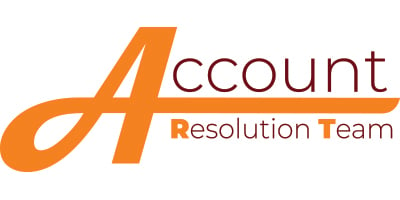Times are changing, and so must collection techniques. With the Consumer Financial Protection Bureau’s “Regulation F” becoming effective December 1st, partners must adapt and optimize their practices to ensure more efficient debt recovery.
Regulation F is part of the first major overhaul to the Fair Debt Collection Practices Act first passed in 1977. The first noteworthy change is that creditors are subject to compliance regardless of whether it’s a debt-buyer, first, or third-party collection. In addition, Regulation F is cracking down on unfair, deceptive, or abusive acts/practices (UDAAP’s). Therefore, in order to mitigate the risk of UDAAP’s, creditors will have to assess current practices that may be in violation and update accordingly. The second biggest change in the new legislation pertains to the flow of communication between debtors and partners. Under Regulation F, the frequency of telephone calls and other forms of contact is limited. Additionally, consumers are empowered to choose their preferred form of communication and creditors must comply with this choice. This means if a debtor prefers not talking to a collection agent, they can choose to solely rely on non-verbal forms of communication, such as email, text messaging, or chatbots. The final main takeaway of Regulation F relates to the disclosure of debt information between various parties, including the creditor, collectors, and consumers. This will require more cooperation between various parties, as well as the crucial point of having and sharing the most current and accurate information available.
The way consumers conduct their business day-to-day has changed dramatically in recent years, relying more and more heavily on Artificial Intelligence (AI) and tech-driven non-verbal interfaces. In order to keep up, collection practices must evolve as well. The two main ways to optimize and evolve debt recovery strategies is through more efficient communication as well as always having up-to-date data.
While many agencies have been hesitant to go down this road, data has shown that consumers who are notoriously difficult to reach and track down, are much more receptive to alternative forms of communication such as messaging apps and chatbots. The logic is simple: consumers may feel stressed, anxious, or embarrassed dealing with human representatives. They dodge the call and avoid the interaction at all costs. By eliminating that stressor for the debtor, responsiveness has been proven to increase. However, full reliance on an AI model for debt collection is not the best solution either. The current “sweet spot” for communication involves a hybrid AI and agent engagement model that works together in harmony.
Information is everything, and outdated information is a problem that costs time and money. The good news is this can be countered with automation of certain tasks coupled with good data hygiene practices. Data hygiene involves regular and systematic data scrubbing to purge outdated information from databases. Eliminating lags and wait times due to old contact information is an easy and effective way to increase debt recovery. When consumers are informed sooner, we see more positive outcomes. Another way AI and data hygiene work to keep consumers and creditors informed is with real-time credit monitoring, payment scores, and skip-tracing software. Payment scores made possible through AI optimization are particularly useful in enabling agents to prioritize accounts most likely to pay based on past payment behaviors.
Regulation F is on the horizon, and there will be changes. Luckily, these changes don’t have to be painful or make life more difficult. All the necessary solutions are already available and will save money and optimize time. Account Resolution Team has been preparing for months to adapt to the changes that Regulation F will demand. Our staff has been participating in weekly intensive training to ensure compliance. If your agency isn’t well-versed in these changes, beware.
For more information on how Account Resolution Team can help YOU get your money, call 423-586-7613 or visit www.accountresolutionteam.com


